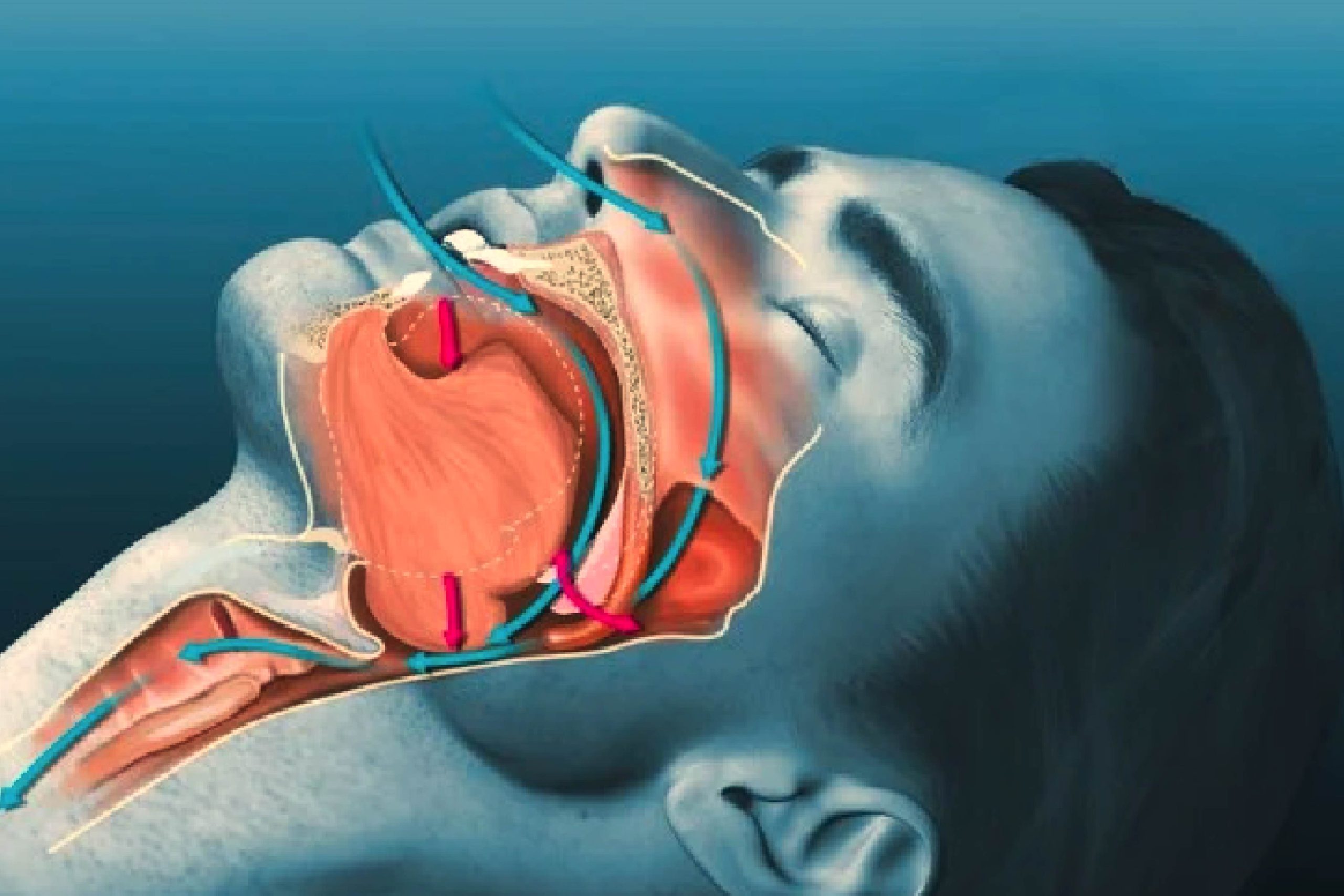Sleep Apnea

Overview
Sleep apnea is a sleep disorder characterized by pauses in breathing or shallow breathing during sleep. These pauses in breathing can last from a few seconds to a few minutes, and can occur multiple times during the night.
There are two main types of sleep apnea:
- Obstructive sleep apnea (OSA): This is the most common type of sleep apnea and is caused by a blockage or obstruction in the airway, usually due to relaxed throat muscles.
- Central sleep apnea (CSA): This type of sleep apnea is caused by a problem with the brain’s signals to the muscles that control breathing.
Symptoms
Loud snoring
Pauses in breathing during sleep
Daytime sleepiness or fatigue
Morning headaches
Difficulty concentrating or memory problems
Mood changes, such as irritability or depression
Dry mouth or sore throat upon waking
Treatments
The treatment of sleep apnea depends on the severity of the condition, the underlying cause, and the individual’s overall health. Here are some common treatment options:
- Lifestyle changes: In mild cases of sleep apnea, lifestyle changes such as losing weight, avoiding alcohol and sedatives, and sleeping on your side instead of your back may help to alleviate symptoms.
- Continuous positive airway pressure (CPAP): This is the most common treatment for moderate to severe sleep apnea. CPAP involves wearing a mask over the nose and/or mouth during sleep, which delivers a continuous stream of air pressure to keep the airway open.
- Oral appliances: Some individuals with mild to moderate sleep apnea may benefit from wearing a custom-fit oral appliance during sleep. These devices help to reposition the jaw and tongue to keep the airway open.
- Surgery: In some cases, surgery may be recommended to treat sleep apnea. This may involve removing excess tissue from the throat, repositioning the jaw, or inserting implants to keep the airway open.
- Other treatments: Other treatments for sleep apnea may include positional therapy, where a device is used to keep the individual in a specific position during sleep, or nerve stimulation, which involves the use of a small device implanted in the chest to stimulate the nerves that control breathing.
It is important to work with a healthcare professional to determine the most appropriate treatment for your individual needs. Untreated sleep apnea can lead to serious health problems, so it is important to seek treatment if you suspect that you may have this condition.
Sleep apnea is a sleep disorder characterized by pauses in breathing or shallow breathing during sleep.
- Loud snoring
- Pauses in breathing during sleep
- Daytime sleepiness or fatigue
- Morning headaches





